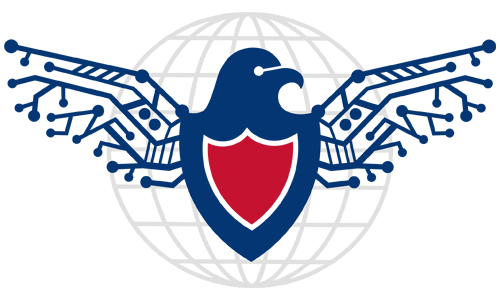Remote Systems and the Cyber Domain in Conflict
Course Number: 84-387
For most of human history, warfare took place face-to-face or in close proximity using weapons like rocks, swords, spears, bow and arrows, and firearms. However, the development of technologies like missiles, drones, and the internet have changed the character of warfare by enabling actors to use lethal force and cause disruption thousands of miles away from the battlefield. Technological advancements have arguably even led to the creation of an entirely human-made domain of warfare––the cyber domain––that is distinct from the land, sea, air, and space domains. This course will analyze the impact of drones and the cyber domain on international conflict. In particular, we will study the historical origins of these technologies, why and how they have spread, their use and effectiveness on the battlefield, ethical questions surrounding their use, and whether arms control is possible. How is the information revolution in computing similar and different from prior revolutions in military affairs? Are drones and the cyber domain transforming conflict by giving the offense a significant advantage over the defense, or is their offensive and destructive potential exaggerated? Is coercion possible in cyberspace, or does the “attribution problem” impede deterrence? Might drones actually reduce the risks of escalation in interstate conflict by removing the desire for revenge if a pilot is killed? How has the internet been weaponized to enable economic warfare and election interference? Might cyber espionage undermine the United States’ military advantage, and should the US ban TikTok? Do drones decrease or increase terrorism? Is remote warfare and the use of lethal autonomous weapons systems––sometimes referred to as killer robots––inherently unethical? These are just a handful of the questions we will explore in this class. By the end of the course, students will have a grasp of the history of the information revolution and many of the key debates and theories in this field.
Academic Year: 2025-2026
Semester(s): Spring
Units: 9
Location(s): Pittsburgh

